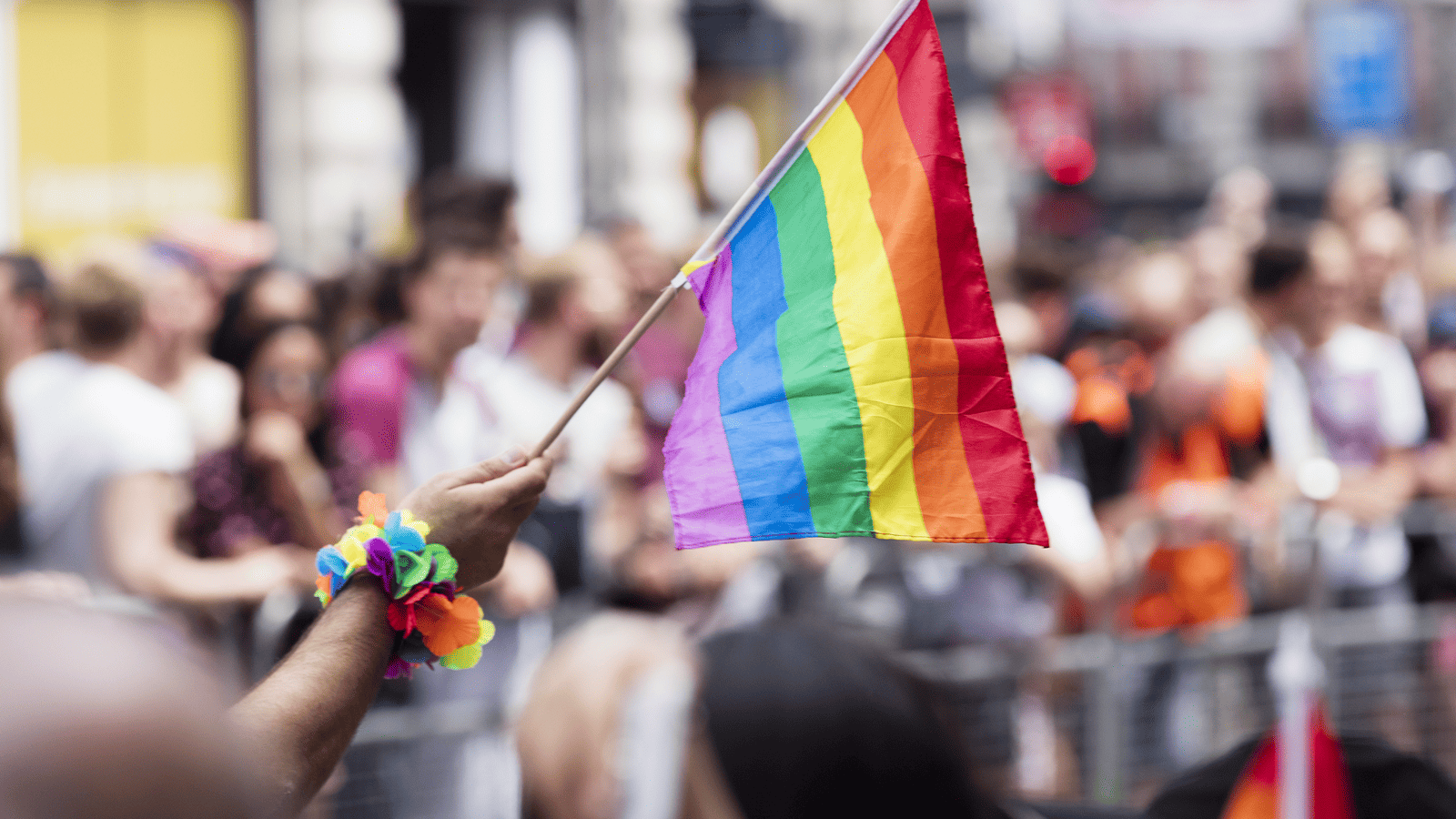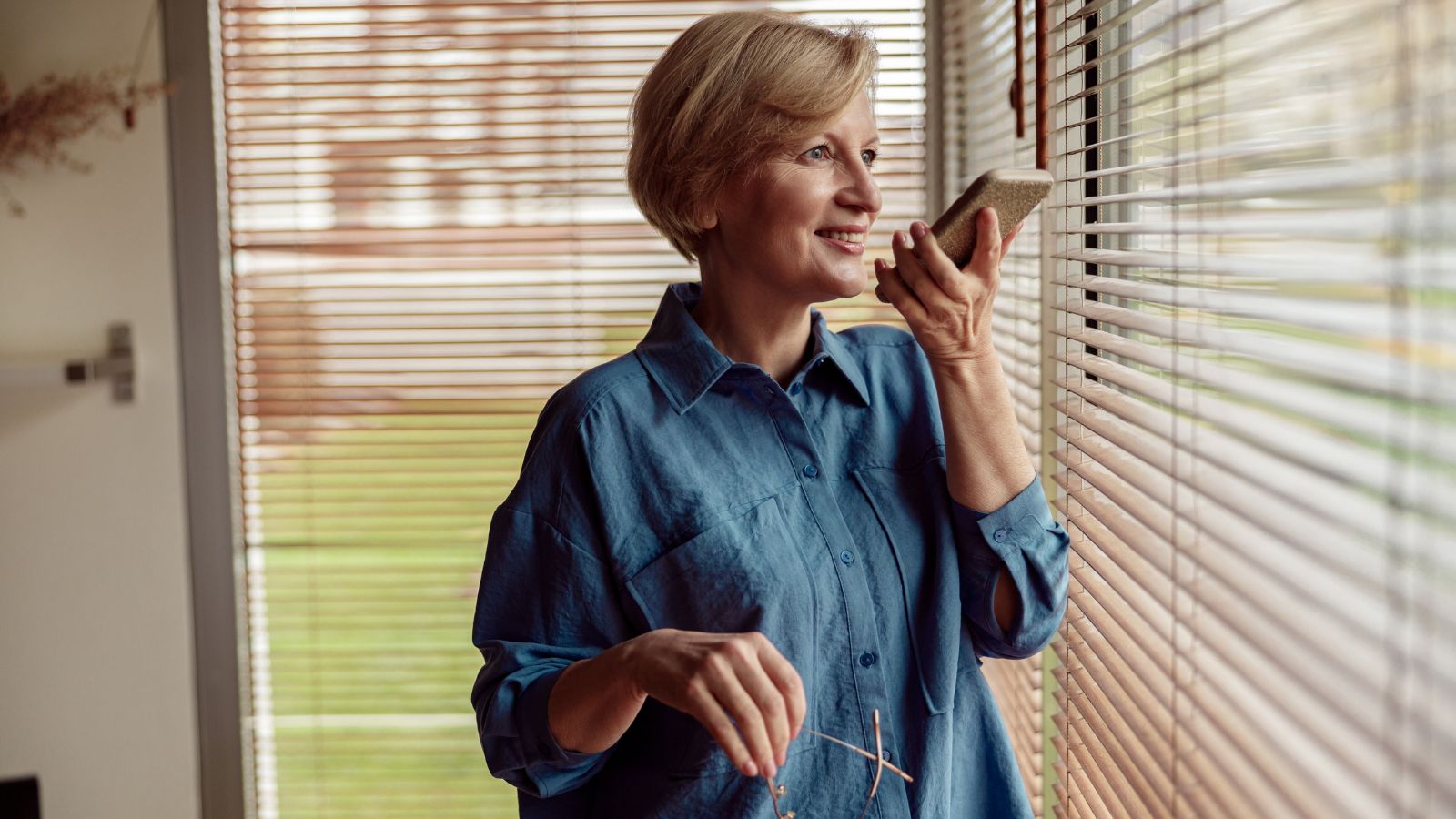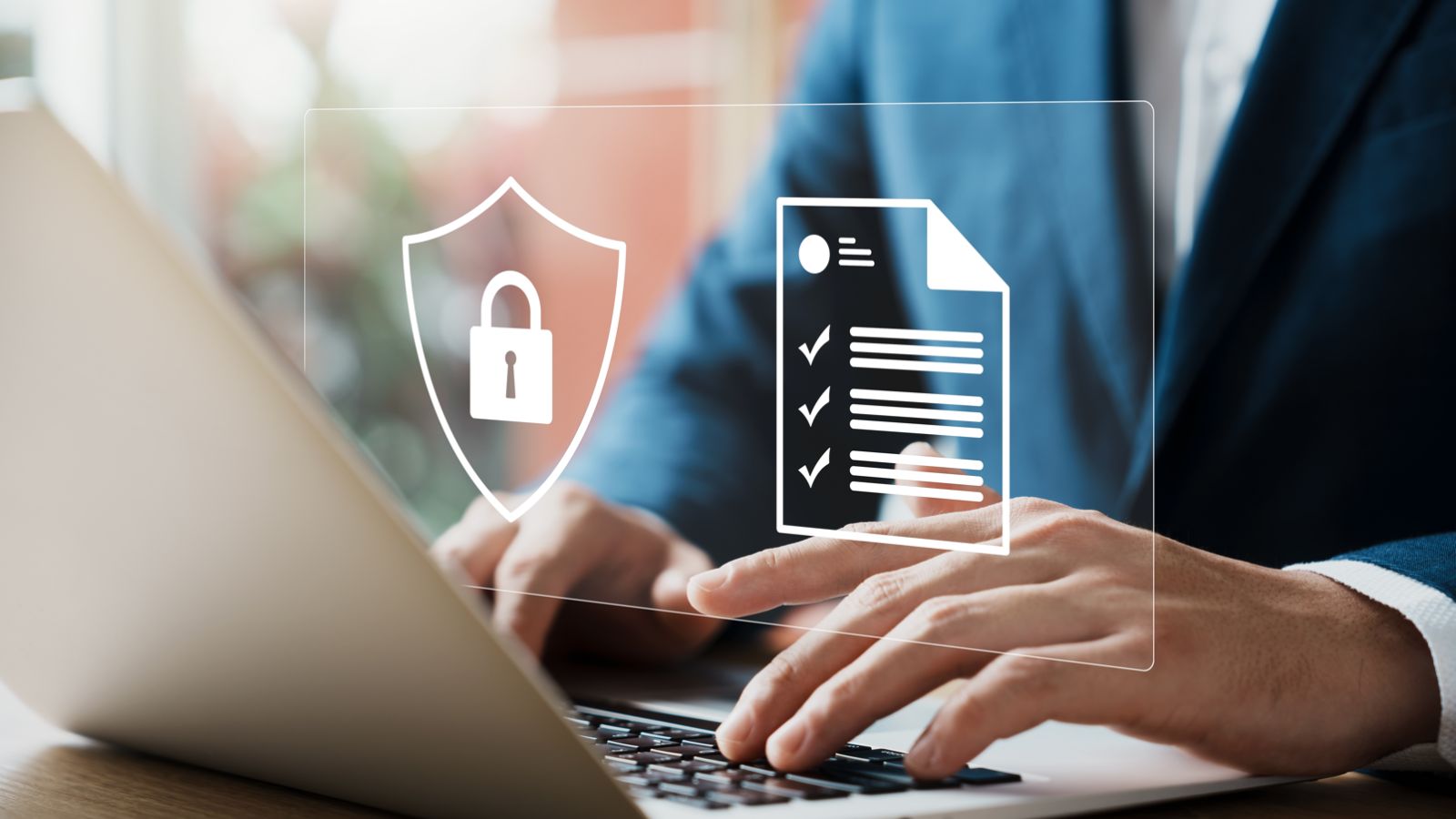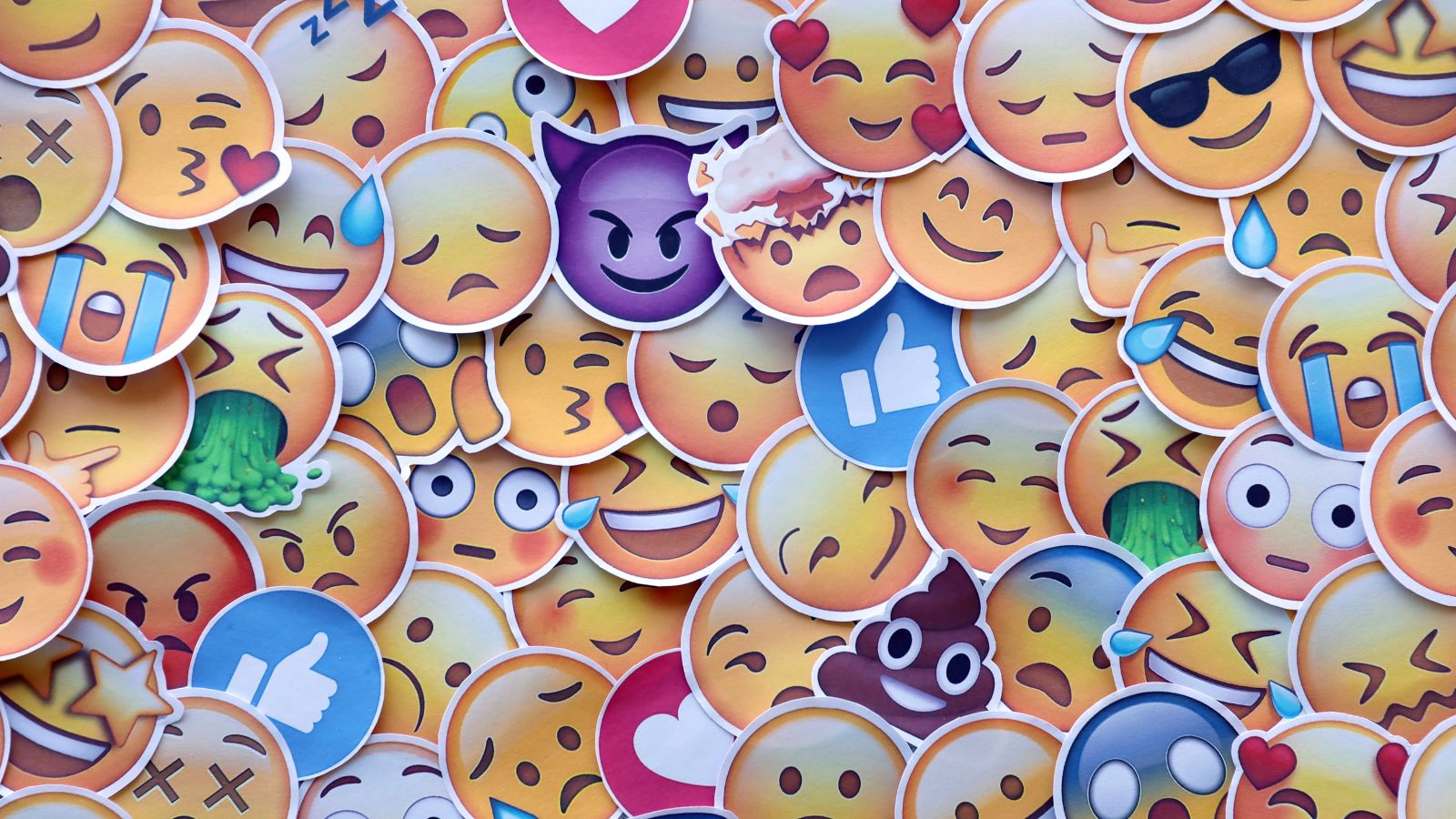We love boomers for all manner of reasons, but there’s no denying that they struggle to keep up in life, especially when it comes to modern etiquette. No matter how much the younger generation reminds them, they struggle to take their rules on modern politeness on board. If you’re a boomer and you wish to work on this, here are 18 modern etiquette rules you likely struggle to wrap your head around.
Personal Pronouns Matter

These days, understanding and using correct personal pronouns is very important in respectful communication. Many older individuals may not grasp the significance, as this concept wasn’t as prevalent in the past. However, in contemporary interactions, it’s an essential sign of respect for people’s identities and experiences. If you’re ever in doubt, do your research, such as through The Daily Beast’s guide, or simply politely ask someone what their pronouns are, and they’ll happily tell you.
Texting Instead of Calling

Phone calls were once the primary mode of communication, but nowadays, texting is often preferred. A lot of boomers find it impersonal or even rude, but for many, it’s a convenient way to communicate without the pressure of a real-time conversation. Understanding this shift is crucial in today’s interactions because, sadly, the younger generation likely won’t respond to your calls.
No Voicemail, Please

Speaking of missed calls, voicemails have basically been rendered pointless in this day and age. As we just discussed, younger generations prefer text messages for quick, efficient communication. Meanwhile, voicemails can feel cumbersome, requiring a time commitment that texts don’t. If you really want to use your voice, just leave a voice note, which everyone can agree is mighty convenient.
The Importance of Digital Privacy

It’s a frustrating fact of life that privacy concerns now extend far beyond physical spaces into the digital realm. Younger generations are more aware of protecting their online information, but older generations may not fully understand the risks. This shift towards valuing digital privacy is a crucial aspect of modern etiquette, and if you struggle to wrap your head around that, just speak to a younger relative or friend.
Texting During Conversations

Sadly, it’s very common for people to text while in a conversation with others, especially in casual settings. However, this multitasking can be misunderstood as rude by those who were taught to give undivided attention; even millennials and Gen Z sometimes find it unacceptable. However, remember that it’s generally not meant as a slight but rather as a reflection of a more dynamic communication style.
Sending Invitations via Social Media

Traditional paper invitations have long since been replaced by digital ones sent through social media. This change can seem informal or even disrespectful to those used to more formal methods, yet it’s a practical, eco-friendly option that reflects how our social interactions have moved online. No one will dislike you for sending out paper invitations, but it’s worth considering making the switch.
Sharing Personal News Online First

Strangely, it’s common these days to post major life events on social media before telling close family or friends in person. Understandably, this practice can feel impersonal to older generations, but for many, it’s a way to efficiently share news with a wide audience. It’s a shift in how we manage personal communications, so don’t take it personally.
Flexible Definitions of Punctuality

Due to societal changes, a strict adherence to punctuality has softened in many social circles. Being a few minutes late is more accepted, particularly in informal settings. This can be infuriating to those who value promptness, but it reflects a more relaxed approach to time management in social situations, so just roll with it.
Working Remotely is Normal

One of the biggest modern etiquette rules that boomers are unfamiliar with is how remote work has now become the norm. The flexibility of working from home is often seen as a perk, but it certainly challenges older norms around professionalism and work-life balance. This shift has transformed the way we view productivity, but we’d recommend embracing it rather than trying to push it away.
Casual Dress Codes at Work

Just like with in-person attendance, office attire has become more casual lately, moving away from the formal dress codes of the past. This can be surprising for those who associate professionalism with suits and ties. However, many workplaces now prioritize comfort and practicality, seeing it as a way to boost employee morale and productivity. Surely we can all agree that’s a good thing?
Splitting Bills by Item

Older people often find it astounding how, in social situations, it’s increasingly common for younger people to split bills according to what each person ordered rather than dividing it evenly. This approach certainly ensures fairness, but it can seem overly meticulous to those who prefer simpler methods.
Frequent Job Changes

Back in the day of boomers, we’d stay loyal to our employers, often staying for decades to work our way up the ladder. However, nowadays, changing jobs frequently is considered a normal part of career development. Older generations often view long-term employment as a sign of stability, but younger professionals see job changes as opportunities for growth and skill development. We can see both sides.
Flexible RSVP Commitments

As life has become so much busier, RSVPs have become less rigid, with many people opting to keep their plans flexible until the last minute. This can frustrate those who value clear commitments, but this trend reflects a broader shift towards spontaneity and the ability to adapt to changing social and personal circumstances. Ultimately, it’s best to join in rather than get stressed about it.
Accepting Virtual Relationships

Perhaps the most difficult part of modern life that boomers struggle to understand is how many people, mainly from Gen Z, form meaningful relationships online. Boomers see face-to-face interactions as the foundation of personal connections and might even consider virtual relationships as risky. However, it’s a part of life now, and who are we to define what counts as a “real” relationship?
Sharing Opinions Publicly

Social media has made it very common for people to share their opinions publicly on a wide range of topics, which can be both a good thing and a bad thing. However, amongst older generations, this open expression generally feels uncomfortable, as they prefer to keep their views private.
Texting as a Conversation Ender

Using a short text message to conclude a conversation is a common practice today, something that might seem abrupt or dismissive to boomers who typically prefer more formal farewells. However, it’s often a practical way to acknowledge the end of a discussion without the need for extended closing remarks.
No Longer Passing on Chain Emails

Remember back in the day when we boomers forwarded chain emails left, right, and center, sharing jokes or even scary trends among friends? Those were good times, but it’s time for change because, today, chainmail is generally seen as outdated and annoying.
Using Emojis in Professional Communication

Perhaps the most bizarre aspect of modern life for boomers is how emojis have somehow made their way into professional communication, a practice that can seem unprofessional when you’re accustomed to more formal emails. However, emojis are often used to convey tone and emotion, helping to avoid misunderstandings in written communication. So, while it might seem strange, it’s more beneficial than you realize.

